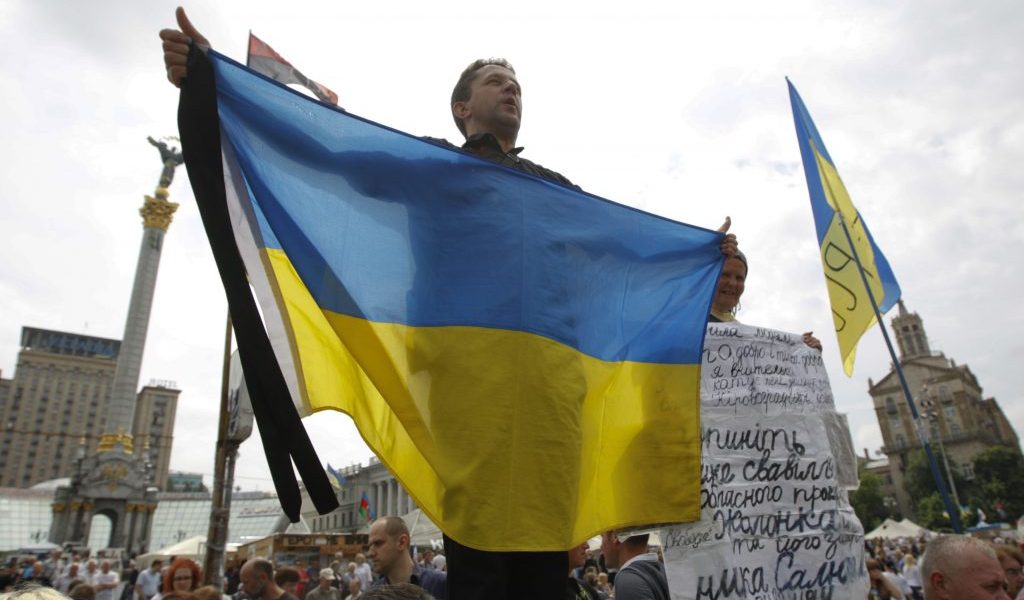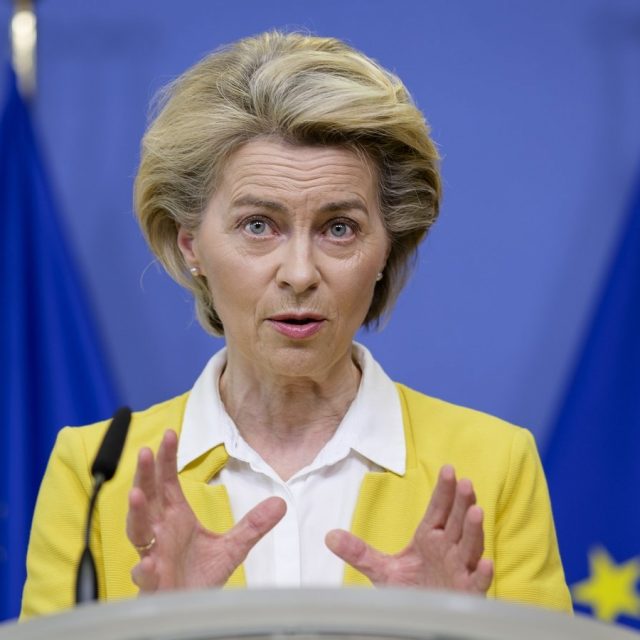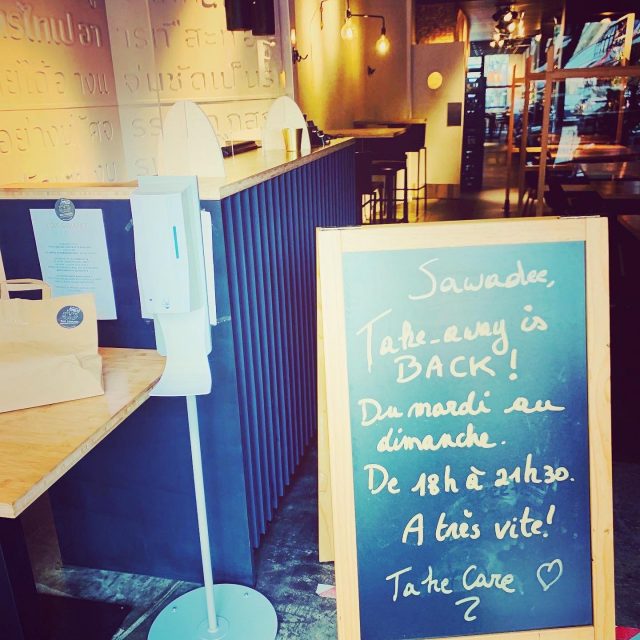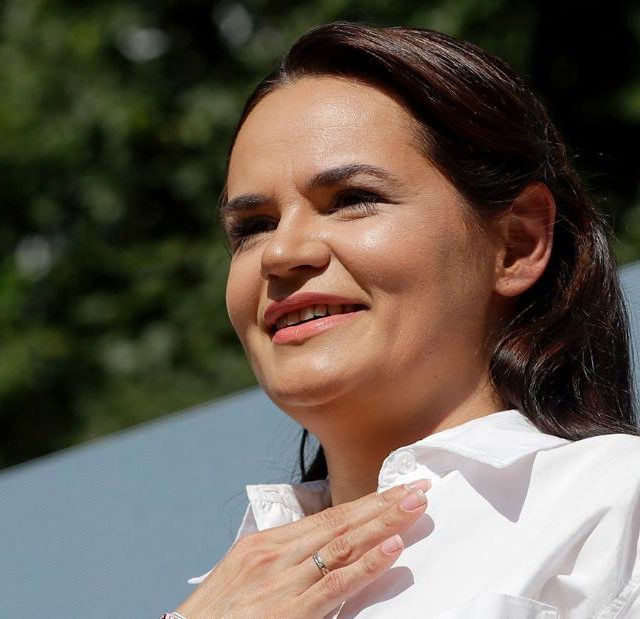Russia’s unprovoked war against Ukraine has now passed more than 100 days, when the Russian leadership had previously talked about a “special military operation” that they bragged would be completed in 3 days.
The Russian leadership now purposefully keeps silent about the war in Ukraine. They hope by this action to prevent anti-war protests within the country which could lead to destabilisation of the social situation which is already exacerbated by growing sanctions pressure. But, the “information bubble” in which Russian citizens exist might just suddenly burst, nullifying the authorities’ efforts to isolate such a huge country from the rest of the world.
Their war against Ukraine, in Russian bureaucratic jargon, is called a “special operation”. The horrors of war, including the destruction of civic infrastructure and the death of civilians are excluded from official government reports.
Likewise the consequences of global sanctions on the Russian economy, society, culture, education, and sports are deliberately concealed. The image of Russia as a victim of unfair attacks from the USA and Great Britain and other Western countries eager to destroy the Russian state, is the picture that is cultivated in the Russian political space.
The communications “iron curtain” continues in the country. VPN which has hitherto allowed many Russians to gain access to independent source of information is in danger of prohibition.
The Russian Orthodox Church is actively creating an information vacuum led by Patriarch Kirill. The European Union has finally woken up to the active participation of the Russian Orthodox Church and the Patriarch personally in provoking the war, and may now impose sanctions against Patriarch Kirill.
Responsibility for Russia’s war against Ukraine is blurred. On behalf of the conditional “Party of War”, different people from the Russian political sphere have emerged, such as the secretary of the Security Council of the Russian Federation Nikolai Patrushev, former President of Russia, and now Deputy Chairman of the RF Security Council Dmitry Medvedev, chairman of the State Duma Vyacheslav Volodin; but President Vladimir Putin’s name is almost never mentioned. It is not even clear who is the head of operations and whether there is a centralised military command for the Russian army in Ukraine.
One of the most painful issues – the losses of the Russian army – is taboo. Former Russian Deputy Minister of Defence, the head of the State Duma Committee, Andrei Kartapolov, recently stated that Russia had practically stopped to suffer losses in the “special military operation” in Ukraine, as a result of tactical military changes. The most recent figures published by the Russian Ministry of Defence dating back to March claim 1351 fatalities. “Since then, the data has not been voiced by the Ministry of Defense, and I will explain why. Now, of course, there are wounded, but no dead,” according to Kartapolov. But the Ukrainian military command reports over 30 thousand dead Russian troops. Different Western media sources estimate losses of 20% of Russia troops, focusing on catastrophic data on the death of both senior officers, generals and younger officers.
Russian liberal media claim that on the eve of the “100 days of war” the Kremlin “asked” state media employees “not to focus” on the duration of the Russian invasion. This is because there is nothing that can be presented as a “victory” to Russian society. But society of course deserves an explanation of the huge troop losses, the damaging sanctions against the country and the catastrophic destruction of Russia’s global reputation.
In the mysterious world of Russian information, a shift in the “war with the West” is being elaborated, which for the Russian layman is easier to understand against the background of the strange web of deceit that the Kremlin has spun to him about the “denazification” and “demilitarisation” of Ukraine.




